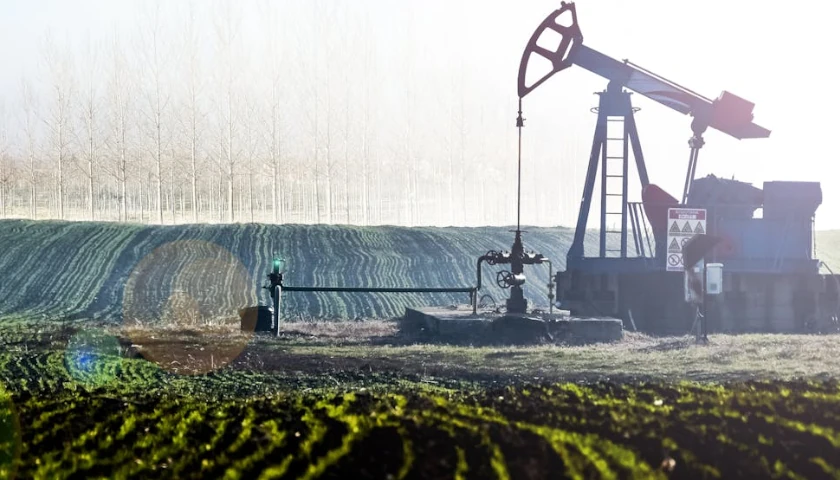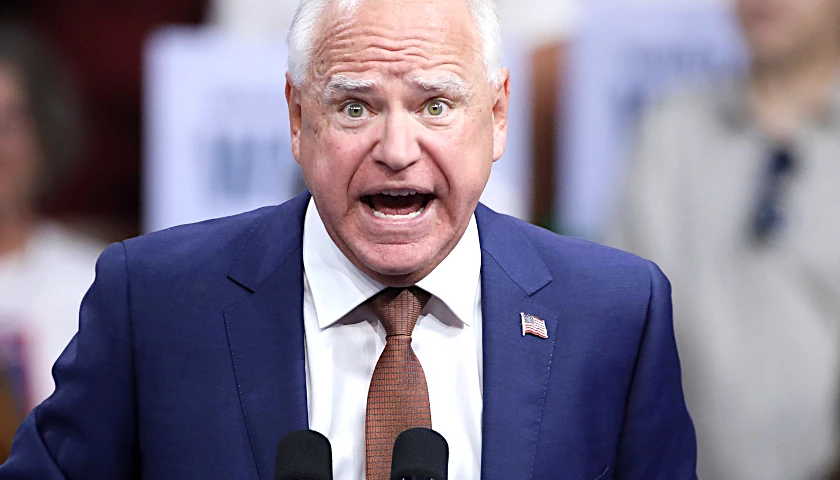by Casey Harper
Swing state voters are feeling the pain of high prices and want to hear more from presidential candidates about their energy policies, newly released polling data shows.
A new Morning Consult/American Petroleum Institute poll obtained exclusively by The Center Square surveyed registered voters in the key swing states of Arizona, Georgia, Michigan, Nevada, North Carolina, Pennsylvania, and Wisconsin.
While economists have heralded the slowing of inflation, Tuesday’s poll shows that swing state voters are feeling the pain.
In the swing states, anywhere from 81% to 86% said the price of daily necessities has become “financially painful,” and anywhere from 88% to 94% said they are “concerned” about inflation.
While inflation has slowed from its feverish pace in 2022, prices have risen more than 20% since President Joe Biden and Vice President Kamala Harris took the White House.
The poll comes ahead of the vice presidential debate Tuesday night, where Sen. J.D. Vance, R-Ohio, and Minnesota Gov. Tim Walz will take to the debate stage in their first, and likely only, debate.
Currently, Real Clear Politics polling average in recent weeks have shown while these states may trend toward one candidate or the other, they are still within the margin of error and too close to call.
Notably, the vast majority of voters in those swing states said more domestic oil and natural gas production would lower costs. Anywhere from 80% to 87% of those surveyed support more domestic energy production over more foreign production.
The poll also asked registered voters: “Do you support or oppose government mandates that would ban gas stoves, gas furnaces or new gasoline, diesel and hybrid vehicles?”
In all seven polled swing states, a majority of voters opposed the idea. A handful of proposed government mandates are on track to do just that, though, with federal and state regulators publicly discussing a potential ban on gas stoves.
Meanwhile, a mandate from the Environmental Protection Agency would require new car sales to transition to largely electric vehicles in the next few years. The U.S. House passed a bill last month to overturn that rule, but the legislation has languished in the Senate.
The poll surveyed nearly 4,000 registered voters Sept. 20-22 with a margin of error of 4%.
As Americans are concerned about high costs and war in the Middle East threatens the global oil supply and prices, energy prices remain an important issue in the election.
Nearly 90% of voters in all seven of those states say they want to hear more from former President Donald Trump and Vice President Kamala Harris on energy issues.
However, Harris was largely able to avoid her previous change of stance on the fracking issues in her last debate, what could have been a vulnerability for instance in Pennsylvania, a major energy producing state.
Whether the issue takes a more prominent role in the vce presidential debate Tuesday night remains to be seen.
“In the final stretch to Election Day, voters deserve to know where candidates stand on the issues that will shape America’s energy future,” said API Executive Vice President and Chief Advocacy Officer Amanda Eversole.
– – –
Casey Harper is a Senior Reporter for the Washington, D.C. Bureau of The Center Square. He previously worked for The Daily Caller, The Hill, and Sinclair Broadcast Group. A graduate of Hillsdale College, Casey’s work has also appeared in Fox News, Fox Business, and USA Today.








